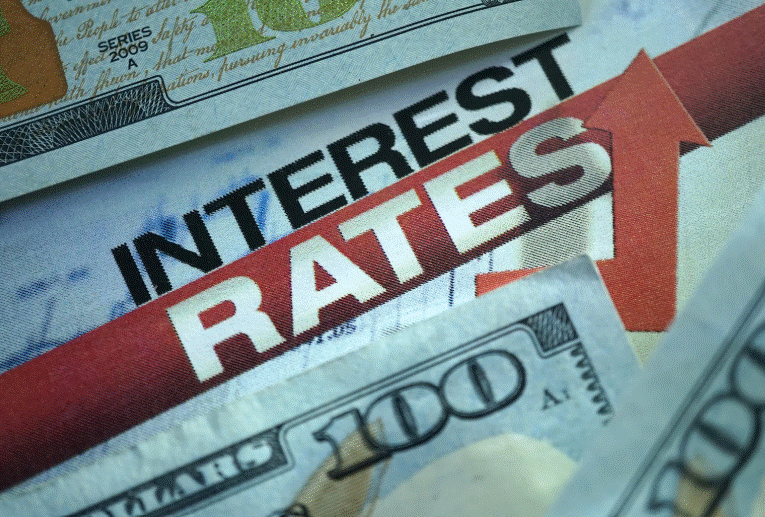Most banks and finance companies operate under a rigid set of guidelines, normally conforming to those of the large investor entities -- e.g. FannieMae and FreddieMac. While there is some flexibility afforded particular borrowers, institutions that sell their loans in the secondary market generally want those transactions to proceed swiftly and smoothly. Consequently, those whose credit or collateral profiles do not fit the norm find themselves at a loss in terms of getting a mortgage. Fortunately for them, there are lenders willing to assume more risk and extend credit in such cases. The key is to find the right one.
How Do Alternative Lenders Differ from Traditional Ones?
The word "alternative" can mean different things in the world of home loans. It may simply refer to a funding business that does not operate out of a brick-and-mortar facility; instead, lending is conducted entirely online. Their reduced overhead often compresses the usually extended loan process. Accommodating the needs and desires of millenials and Gen-Z-ers, these lenders assemble all of the application documentation electronically -- no interviews, meetings or mailings. Even closings can occur online when state regulations allow for it.
Another breed of alternative lender addresses the needs of local communities and credit-challenged borrowers. These niche finance enterprises tend to focus on guaranteed loans such as those backed by the Federal Housing Administration (FHA), the U.S. Department of Veterans Affairs (VA) and the U.S. Department of Agriculture (USDA). Federal agencies like these seek to provide housing for those who have lower credit scores, have served in the military or those who seek to settle in a rural area. The agency insures the loan by paying off the balance in the event of default. While traditional lenders have made such loans, they are increasingly shying away from them due to the heavy government regulation. This opens the field for non-traditional institutions.
Credit unions are now assuming a greater share of the home loan market. Unlike a bank, a credit union is a non-profit organization. Its depositors are its members and many serve on governing boards for the institution. Ordinarily smaller than banks, credit unions can provide personal service more readily. Like banks, they offer similar products -- checking, savings, investment and retirement accounts. They also make loans and interest rates are slightly lower with credit unions. Nevertheless, income, asset and credit standards are closely aligned with those of traditional banks.
Private or "Hard Money" Lenders
Often associated with mortgages for real estate investors, private money lenders can be individuals or partnerships that partner with investors in property rehabilitation and re-sale. These financiers are less interested in the creditworthiness of their borrowers than in the home value and profitability of the collateral property. Because of this, there is less time consumed in reviewing applications. The flip side to hard money is that these lenders frequently require a sizable down payment and a higher interest rate than a bank offers.
Given the expense of the loan, borrowers have incentive to pay it off quickly, hence its popularity with property wholesalers. These professionals generally expect to make only a few payments before their projects are ready for resale at a substantially higher home value. At that point, the loan is paid off with the proceeds.
The Value of Shopping Around
A traditional lender may indeed be the perfect choice. However, if their offerings or guidelines do not have room for you, remember that there are other deep pockets willing to help. Also remember that nothing in life is free and those deep pockets expect regular and generous refills.





